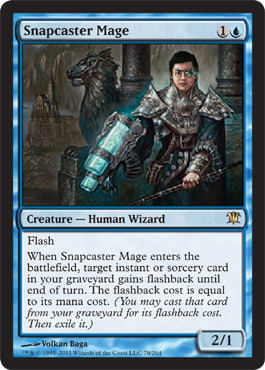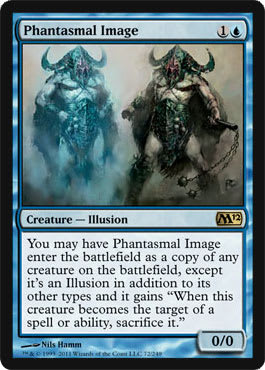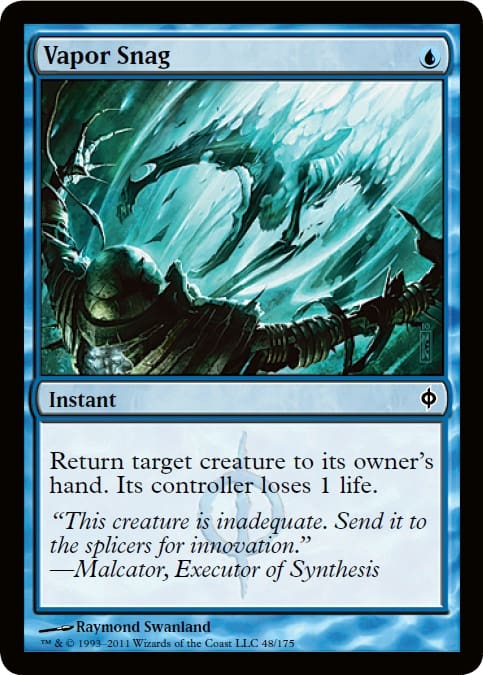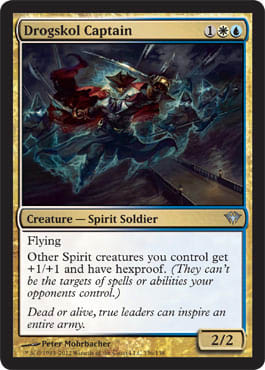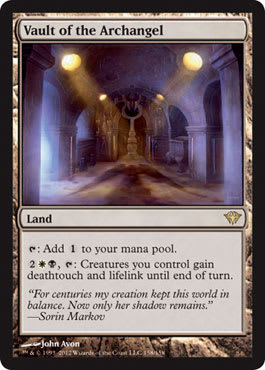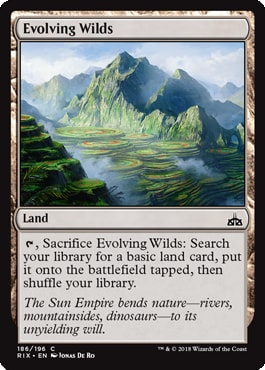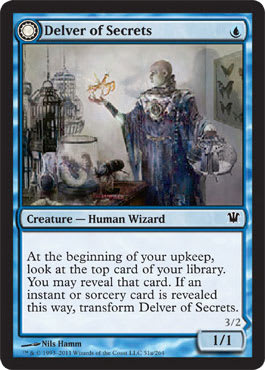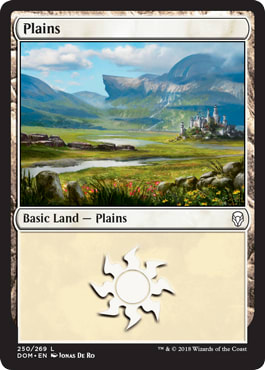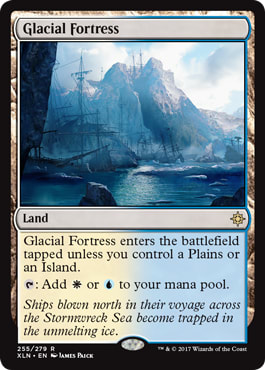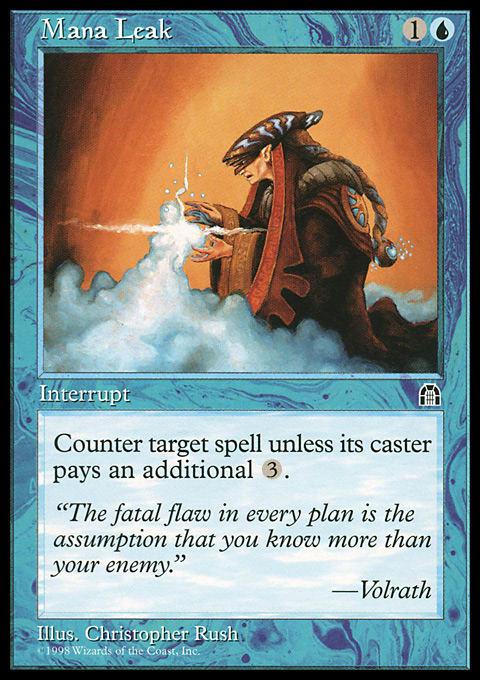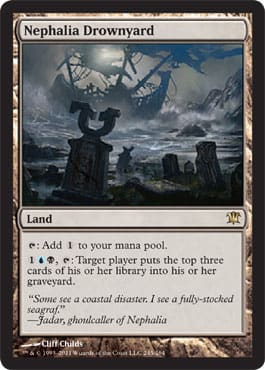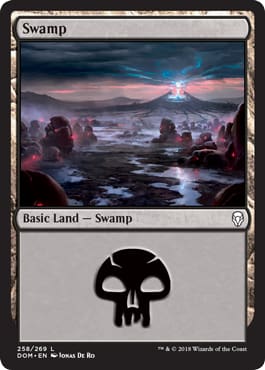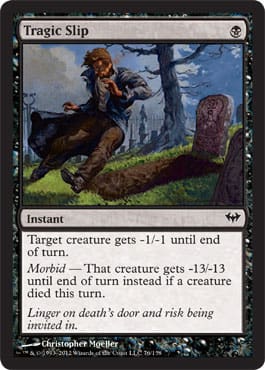Unlike last week, this deck is decidedly not scraping the bottom of the Standard barrel; I only lost two games total last Friday. Unfortunately, both losses happened in the same round.
That match was played against an awesome little brew: Boros Tempered Steel. Game 1 saw me come out of the gates pretty quickly with a Delver of Secrets, but having nothing to press my advantage with—no Phantasmal Image, no Lingering Souls, nothing—allowed his slower draw of Glint Hawk Idol and Tempered Steel to keep my single Insectile Aberration at bay. He eventually won the game at a comfortable 9 life on the back of a Shrine of Loyal Legions that created four Myr.
In the interest of getting straight to the point, it's probably clear now that the deck I played last Friday was the Esper Spirits deck that Tom Martell made Top 8 with at Grand Prix: Salt Lake City. Here’s the list:
"Esper Spirits"
- Creatures (18)
- 2 Dungeon Geists
- 4 Delver of Secrets
- 4 Drogskol Captain
- 4 Phantasmal Image
- 4 Snapcaster Mage
- Spells (20)
- 1 Gut Shot
- 2 Mana Leak
- 4 Vapor Snag
- 1 Revoke Existence
- 4 Gitaxian Probe
- 4 Lingering Souls
- 4 Ponder
- Lands (22)
- 1 Plains
- 1 Swamp
- 5 Island
- 1 Moorland Haunt
- 1 Vault of the Archangel
- 2 Evolving Wilds
- 3 Glacial Fortress
- 4 Darkslick Shores
- 4 Seachrome Coast
- Sideboard (15)
- 2 Celestial Purge
- 1 Dismember
- 2 Dissipate
- 1 Divine Offering
- 2 Dungeon Geists
- 1 Flashfreeze
- 1 Gut Shot
- 1 Mana Leak
- 1 Negate
- 1 Revoke Existence
- 1 Surgical Extraction
- 1 Timely Reinforcements
In the next game I was treated with this opener:
I mulligan that. I’m pretty sure that’s right. I mean, I bring in so much for this matchup—plus, that’s a hand full of the worst cards I could have for the matchup—plus, my mana in that game is going to be really, really wonky. I figure, going to six gives me a chance to draw a sideboard card . . . not to mention any number of Delver of Secrets, Lingering Souls, or Ponder.
I mulligan into a no-lander (natch) and end up keeping this five:
 | ||||
My turn-one Delver of Secrets never transforms, he resolves two Whipflares, and his teched-out little brew takes the match.
Something I’d love to have a grasp on someday is what it is that makes me like certain decks. There was something about this Esper Spirits deck that, over the course of FNM, as I played more and more games, I became more and more drawn to. And I still can’t put my finger on it.
My most interesting match of the night was Round 1, played against someone I’d never seen or met before: Adam. He was playing a weird midrange mono-white deck, which gets really punished by having no removal and no flyers, but his deck had some great tricks in it, and as far as I could see, he made no mistakes—despite playing slowly and not being totally comfortable handling cards.
Playing against someone who has trouble shuffling or who fumbles his hand around a lot is usually a pretty good indicator you’re playing against a newer player. I still don’t think I was wrong, but my opponent certainly didn’t play as a newer player; this may be presumptuous of me, but he remembered to draw cards off a full-value Timely Reinforcements (Game 1!) with his Mentor of the Meek. I feel that using Mentor of the Meek to draw off a token coming into play is something that would confuse a newer player, but Adam was unfazed. He remembered to draw off Mentor of the Meek every time, which is shamefully something beyond my scope as a Magic player at this point in time.
Adam played pretty deliberately, betraying a hint of nerves, but he still did everything right. Unfortunately, his Mentor of the Meek engine doesn’t do much against my draw with Delver of Secrets and three Lingering Souls. Skill game!
Our second game ended up being less close than the first. I Gitaxian Probed him on the draw and saw:
 | ||
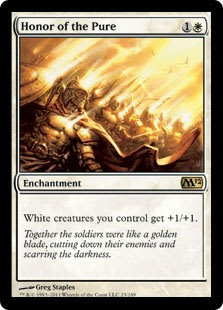 |
I follow that Gitaxian Probe up with a Delver of Secrets, the Delver of Secrets transforms in my next upkeep, and then I have a second Delver of Secrets followed by Ponder.
Adam does not win that game.
“Jesus. That was fast. I just can’t deal with that.”
I wasn’t sure what to say. “Yeah . . . Delver’s a . . . card. I wouldn’t worry about it. That deck isn’t bad.”
“Yeah, I crushed that guy I was playing against earlier.” He was talking about a casual game he’d played against my Round 2 opponent, whom I obviously hadn’t played yet.
“Yeah, I saw that. Seriously, I wouldn’t worry about it. You played your cards much better than I would have.”
He thought I was just saying that.
“Why do you have those Curses in there? I feel like . . . if those were anything else, you might’ve had a shot in that game.”
Adam chose his words carefully. I should start doing this.
“They’re really good against Snapcasters. And everyone plays ’em around here. I mean, drawing two was pretty bad, but against the slower decks, they’re pretty good.” He takes a pause. “I probably shoulda mulliganed that hand.
“Yeah, probably.”
Adam just nodded. He was pretty crestfallen about the match, and I can’t blame him. Delver of Secrets is a helluva card.
“I wouldn’t worry about it. You can definitely win out with that deck.”
“Okay.” He still thought I was bullshitting him. He looked over to the exit. “You got a light?” he asked, in an effort to either grab a cigarette between rounds or change the subject.
Being able to play Gitaxian Probe might have something to do with how much I enjoyed playing the deck. I’m sure I’m not the first one to register his bewilderment at just how much information the card gives you—not just about an opponent’s hand, but about his play skill and experience, which you can usually discern from the batshit crazy hands players keep. For example, my Round 2 opponent kept this beauty:
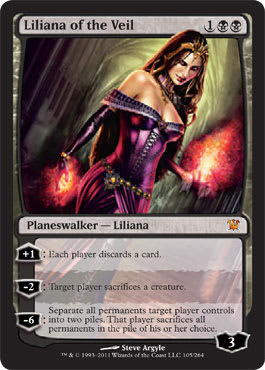 |
Sweet Tragic Slip, bro!
After the game, I inquired (politely, I promise) about why he kept that hand, and he immediately dismissed me, insisting that he had “such a high land density” that drawing lands would be inevitable. Of course, he did draw lands that game, but I won anyway . . . because he kept that hand.
Part of the appeal of the deck could also be the ease with which it dispatches randomness—such as the G/W aggro deck I played in Round 3. I didn’t draw any Gitaxian Probes or anything, but that never mattered; he flooded out both games, and his threats were too few in number, too high in casting cost, and ultimately, too unable to block flyers to deal with a Lingering Souls backed up by a Drogskol Captain. I even boarded out the Gitaxian Probes for Game 2. I’m not sure if that’s right, but I had plenty of stuff I wanted to bring in—Gut Shot, Dungeon Geists, Timely Reinforcements, Revoke Existence—and the information I was losing seemed irrelevant.
I’m not sure that Esper Spirits is a tempo deck in the style of W/U Delver. Your plan is not to run out a Delver of Secrets early and ride it to victory. Rather, the plan is to attack the format at large with Lingering Souls, because if you’ve seen Pulp Fiction: Lingering Souls is to Standard as Zed is to the gimp.
Playing with strictly transcendent cards—Delver of Secrets, Lingering Souls, Ponder (restricted in Vintage!), Snapcaster Mage, Vapor Snag—is always a lot of fun. Maybe it’s just that simple.
There was just something to the feel of the deck that I can’t really put my finger on. There’s something to be said for a W/U deck with reach that’s always drawing live. I never felt that any situation was too far out of hand; I could always visualize some sort of succession of draws that would bring me out of any bad situation, and of course, I naturally got a lot of draws that helped me close the door.
A shocking number of current aggressive decks are missing a decent, cost-effective closer (Hero of Bladehold doesn’t count; it just gets Vapor Snagged) that can just shut the door on an opponent. Most of the time for me, that card was either Drogskol Captain or a timely Snapcaster Mage flashing back a Vapor Snag. I love Vapor Snag.
After the fifth round, Adam came up to me, grinning.
“Hey, man! I won out!”
Called it!
Jon Corpora
Pronounced Ca-pora













